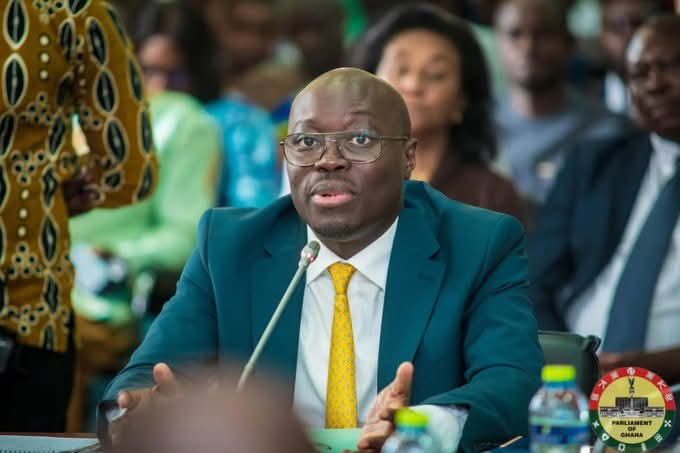In a move that has left many Ghanaians feeling betrayed, Finance Minister Dr. Cassiel Ato Forson has quietly overseen a fresh round of utility tariff hikes—barely weeks after publicly opposing such increases on grounds of fairness.
Only last month, Dr. Forson was emphatic. He stated that consumers could not be forced to foot the bill for the inefficiencies of the Electricity Company of Ghana (ECG), pointing out that ECG collects just 62 percent of the power it supplies. “The system is broken,” he said at the time. “Ghanaians cannot be punished for a company’s failure to collect what it is owed.”
But now, those very same Ghanaians will pay 14.75 percent more for electricity and 4.02 percent more for water starting May 1. The decision, announced by the Public Utilities Regulatory Commission, has sparked outrage among traders, civil society groups, and ordinary citizens who feel cornered by a government that speaks one language in public and another behind closed doors.
The Ghana Union of Traders’ Associations (GUTA) has rejected the hikes, calling them unjustified. “We cannot continue like this,” said GUTA President Dr. Joseph Obeng. “Every few months, prices go up, but nothing changes at ECG. No reforms. No accountability. Just more money from the people.”
The Finance Minister’s silence since the announcement has only fuelled suspicion. Critics say his sudden U-turn suggests either pressure from external forces or a calculated act of bad faith. The International Monetary Fund, which is backing Ghana’s economic recovery plan, has endorsed the increases, describing them as “necessary for cost recovery in the energy sector.” That, observers believe, may have forced the minister’s hand.
But the contradiction is hard to ignore. Only a short time ago, Dr. Forson was positioning himself as a defender of the ordinary Ghanaian. Now, under his watch, the very burden he vowed to fight has returned—heavier and more biting.
Utility tariffs have risen four times in under two years. Each time, officials promise that the hikes will improve service delivery and reduce debt in the energy sector. Yet ECG continues to struggle with high system losses, poor collection, and weak customer service.
At the heart of the matter is trust. Ghanaians are not just paying more—they’re paying with a sense of betrayal. Dr. Forson’s shift has blurred the line between rhetoric and responsibility. If this is reform, then it feels less like a fix and more like a fracture—one between government promises and the daily realities of its people.




